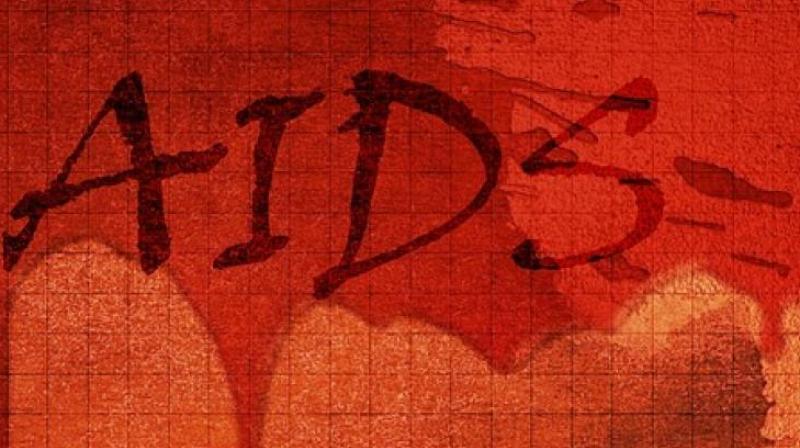National Aids Control Organisation fourth generation Elisa test kits soon
The fourth generation kits would be available in government blood banks within three months.

THIRUVANANTHAPURAM: National Aids Control Organisation (NACO) will supply fourth generation Elisa testing kits to public sector blood banks in the state this year. All 36 blood banks including those attached to government health sector will receive supply of fourth generation Elisa tests for screening blood. Till last year NACO was supplying third generation test kits. According to Kerala State Aids Control Society (KSACS) project director Dr R. Ramesh said the fourth generation kits would be able to reduce the window period from 4 to 6 weeks to 2 to 3 weeks. The fourth generation kits would be available in government blood banks within three months.
The fourth generation test kits look for both antibodies and antigens. Third generator test kits take 6 to 8 weeks and only tests for anti bodies. Fourth generation tests are accurate 14 days after exposure , effectively reducing the window period by average of two weeks. KSACS is also planning to ensure implementation of effective donor screening measures in blood banks as per NACO guidelines. The counsellors and volunteers associated with blood donation campaigns would be given training for proper screening of donors to prevent people with high risk behaviour from donating blood. Lack of privacy, rush at the blood banks absence of separate enclosure for counsellors are some of the factors coming in the way of effective screening of donors.
The donors do not open up in such circumstances. Experts say uniform blood donation policy should be put in place immediately to check cases of infected blood being given to patients during blood transfusion. A section of doctors, however, say the government should go for Nucleic Acid Testing (NAT) facility on the lines of Karnataka.
Samples from all government hospitals are collected daily, tested at centralised facility at NAT Lab set up in Bowring Hospital, Bangalore and results are dispatched at the earliest. The state government could also opt for a Centre which can cater to the entire state. They say NAT is required urgently as it considerably helps bring down the risk of transfusion-transmitted infections thus reducing the overall infection rates and disease burden on the society.

